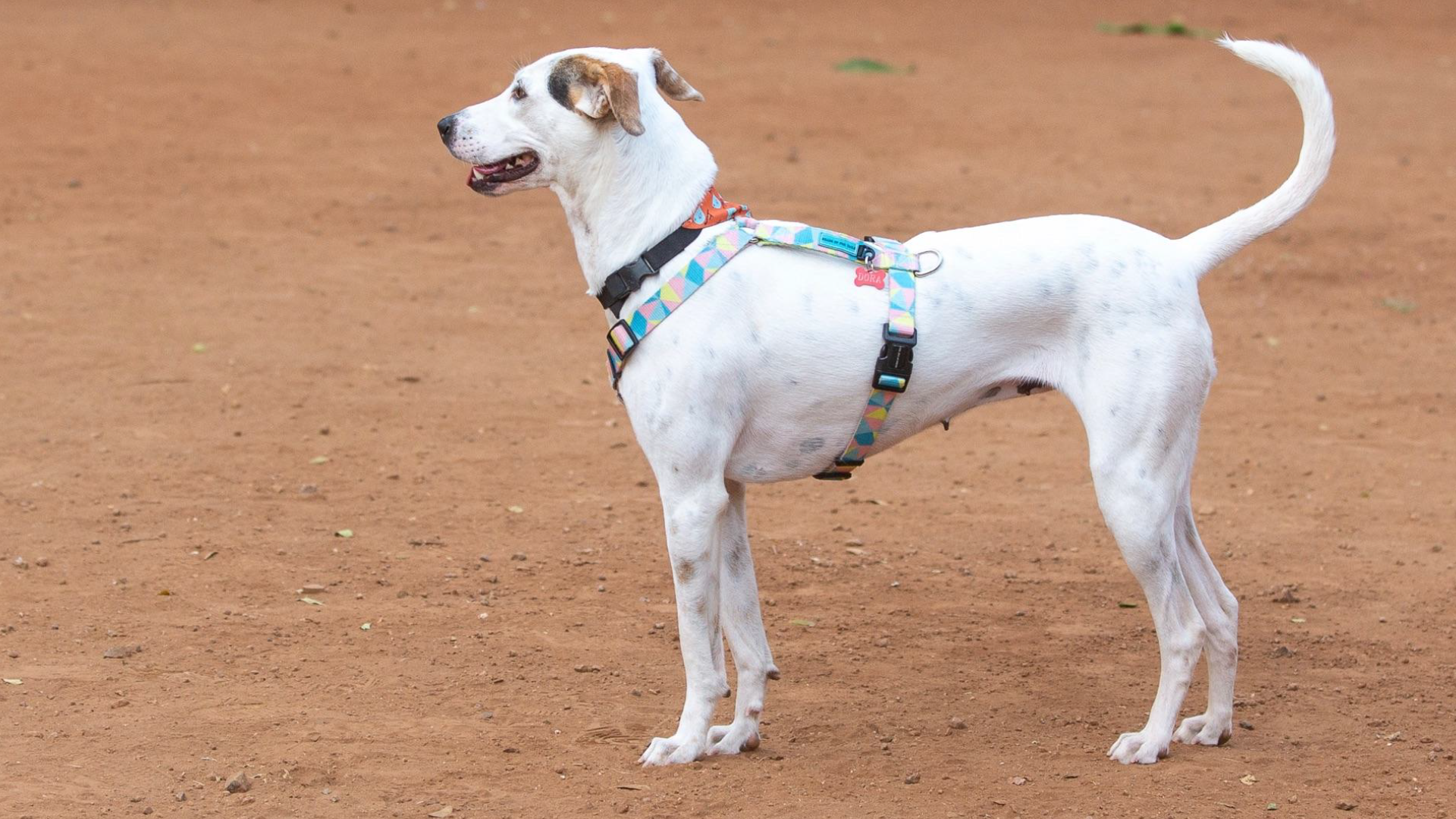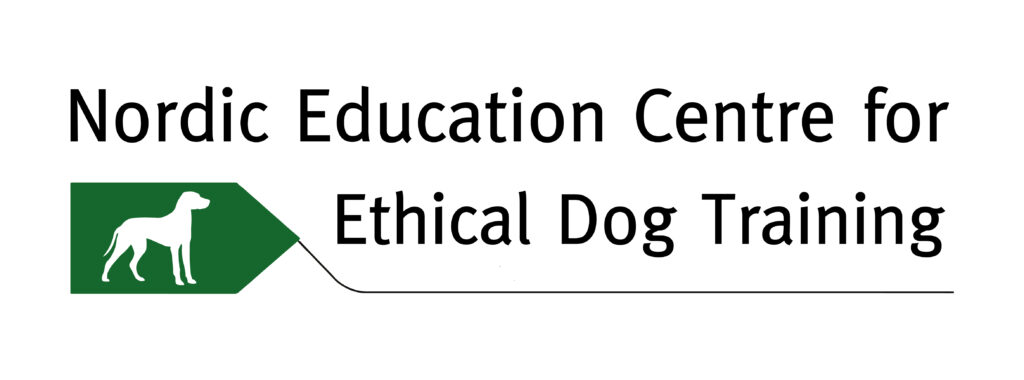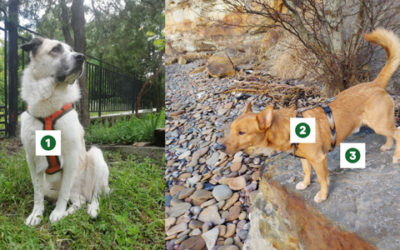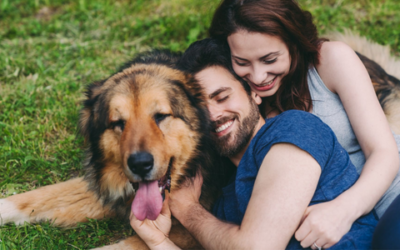What is a holistic approach to dog training?
Everyone wants their birthdays to be memorable. The night before his birthday, four-year-old John dreamt of having a huge cake and all his friends. He kept waking up throughout the night with excitement. In the morning, although tired, John leapt out of his bed and yelled
“It’s my birthday!”
The family had got him a few presents and new clothes to wear at school. John couldn’t concentrate at school at all. His friends gave him all the attention and made him feel truly special.
At the end of school, John drained out. But his uncle had come to pick him up all the way from Manchester. He drove the birthday boy to the ice cream store and they had his favourite flavour – cotton candy.

There was a huge party waiting for John when he got him. Neighbours, family, and many friends had turned up to celebrate. By now, John could barely keep his eyes open. One of his friends made a light remark on John’s pants. Instead of ignoring it, John became furious and started screaming. His anger was followed by crying and everyone at the party was stunned. The parents didn’t understand why their usually well-behaved boy is throwing tantrums, especially on his birthday. His aunt advised his mother to set up a meeting with a children’s counsellor to stop the problem before it became worse. John went inside to his room and went to sleep. The party continued without him.
An bird’s eye view of our dogs
John’s family had no idea why John was acting out. They didn’t know the context or the history. Just like with John, dog guardians will often complain about a specific issue. However, we need to look at the dog beyond those issues to understand the dog better. If we look at only the issues in front of hand, we might miss out on important aspects that are affecting the dog.

Holistic dog training is a more mindful approach
What is included in a holistic approach?
You might get a call from a client asking for help to walk their dog. In the old days, the trainer would just teach the dog to ‘heel’ and tell the client the problem has been solved. Sadly, that would have led to many other problems which didn’t exist before. Now, we have more knowledge that helps us understand the factors influencing a dog’s behaviour. A holistic approach will take into consideration:
a) Dog’s ethogram
b) Health
c) Basic needs
d) Body language
e) Environment
f) Personality
g) Stress
h) Habits
i) Genetics
j) Freedom
As you can see, there are a number of factors that are in play which lead to the dog’s behaviour. As a dog trainer, we have to take into consideration all these aspects and help the client get to the root cause of the problem. Being a holistic dog trainer means that you are mindful of the dog and are looking at the dog from different angles, analysing lots of information and providing your best assessment to help the dog and the client.
At Nordic Dog Education Centre, we believe in educating dog professions with a holistic approach. To learn more about how to analyse different aspects of the dog, you can sign up for Level 1 of our International Dog Trainer School. Level 1 starts the 30th of January 2023, and you can find more details here – https://www.nordicdogtrainer.com/level-1/
Further readings
Should your dogs walk off-leash?
As humans, it is natural for us to try and be in control of things. Whether it is our work or our dogs, we like it when there is certainty. We don’t want to wake up in the morning and...
Collars vs Harness – What is the right choice for your dog’s walks?
Collars have become a part of every household with a dog. A young puppy is immediately put on a collar, and walking a dog on a collar has been normalised. Some dog trainers use collars...
What is a good walk?
Laurel and Alex loved going on long evening walks with their dog Oscar. They do a little bit of everything in the hour or so walk. It usually consists of peeing, pooping, passing by the...



